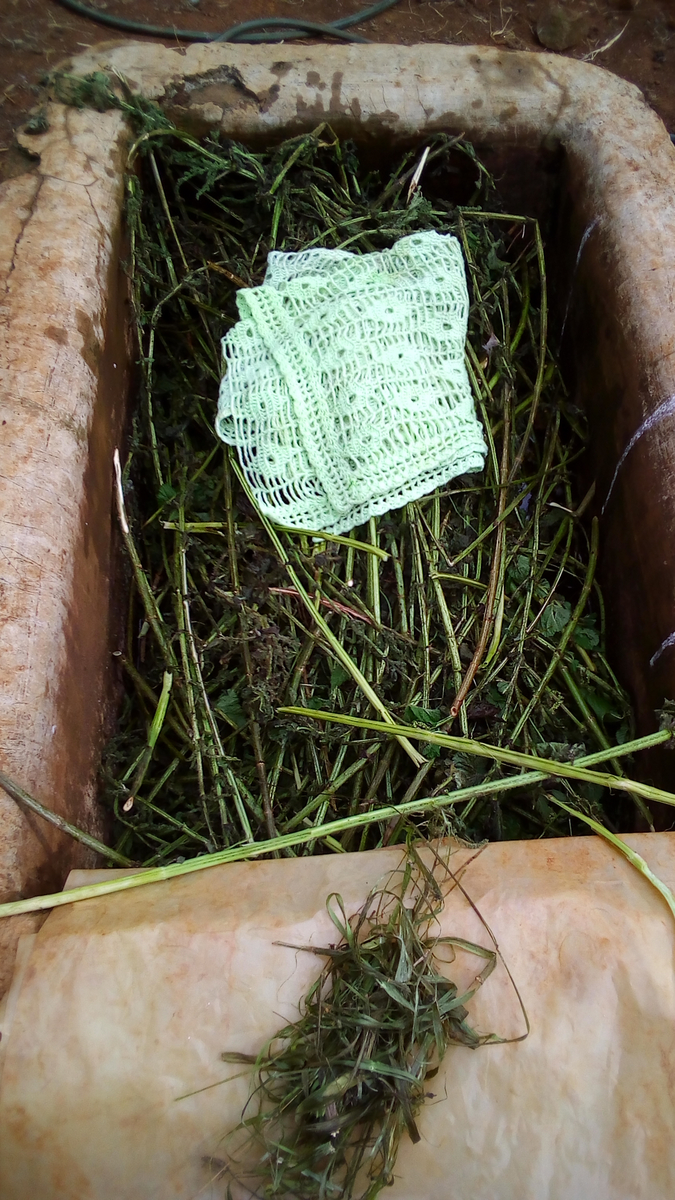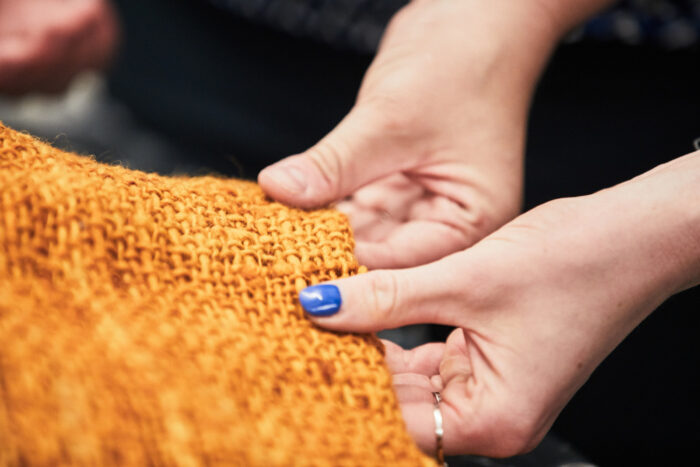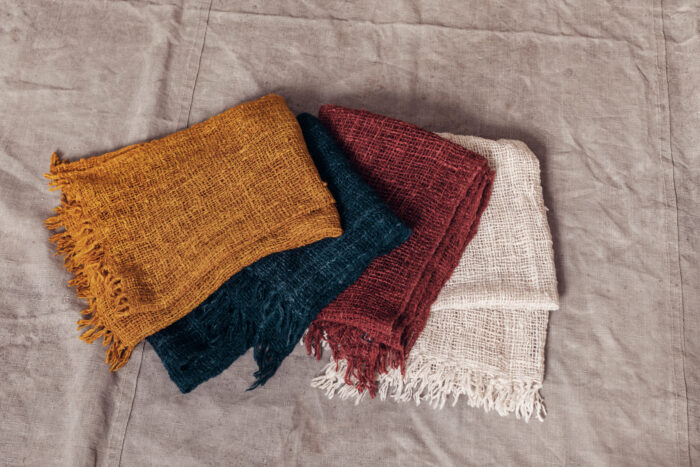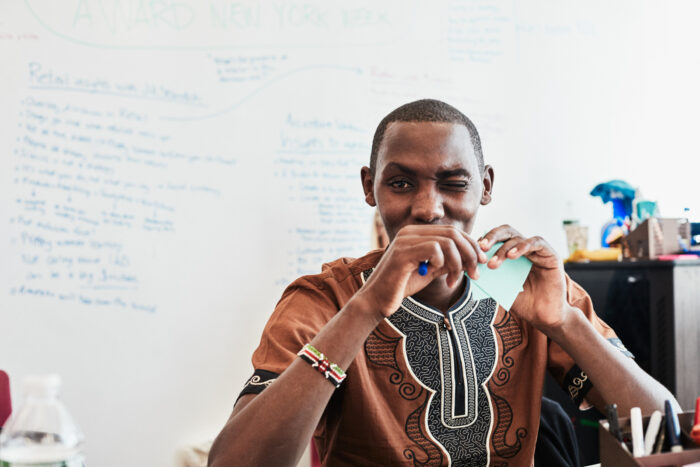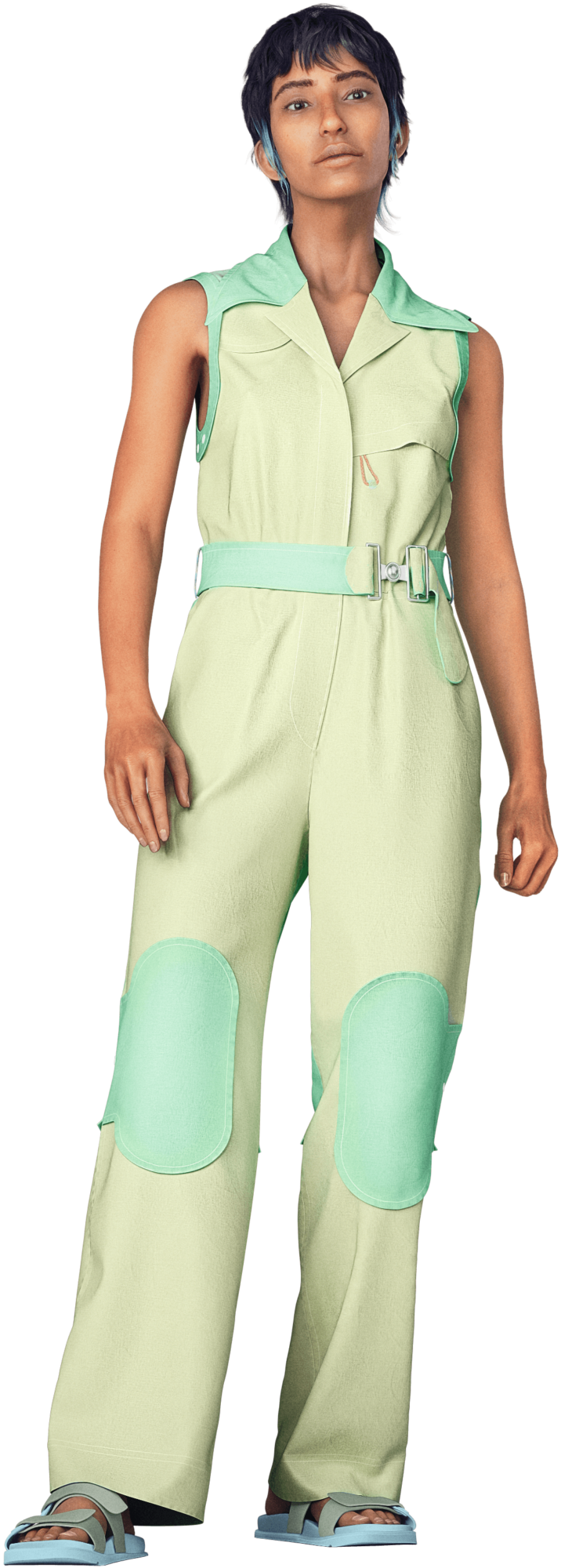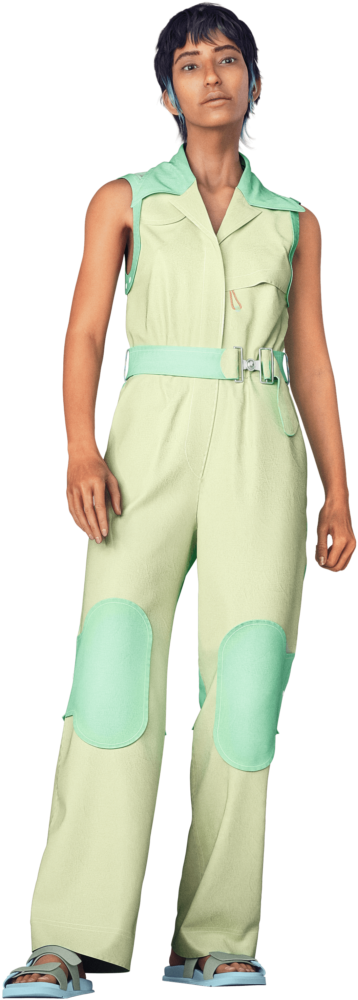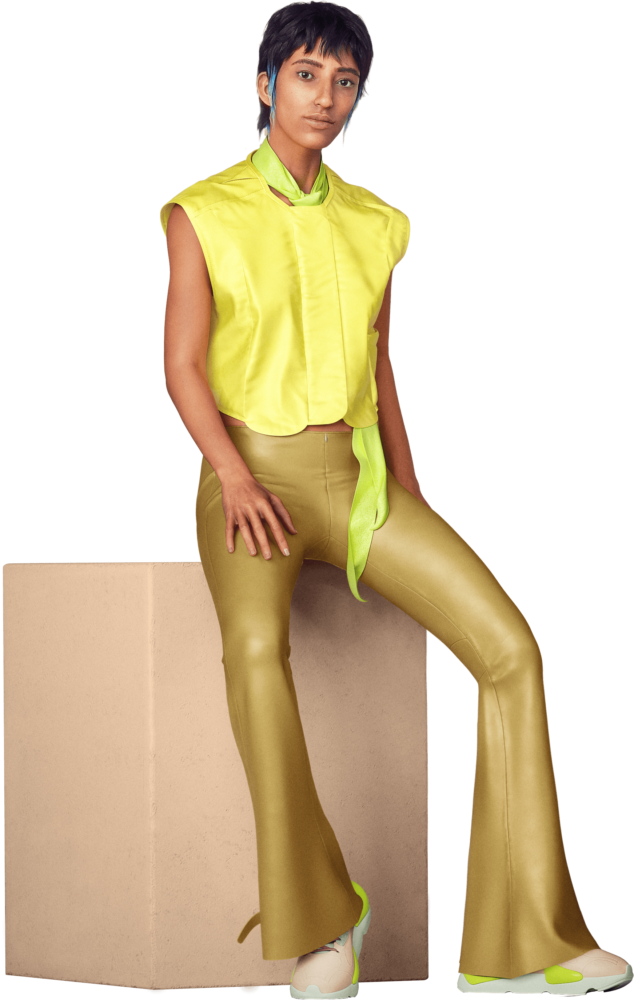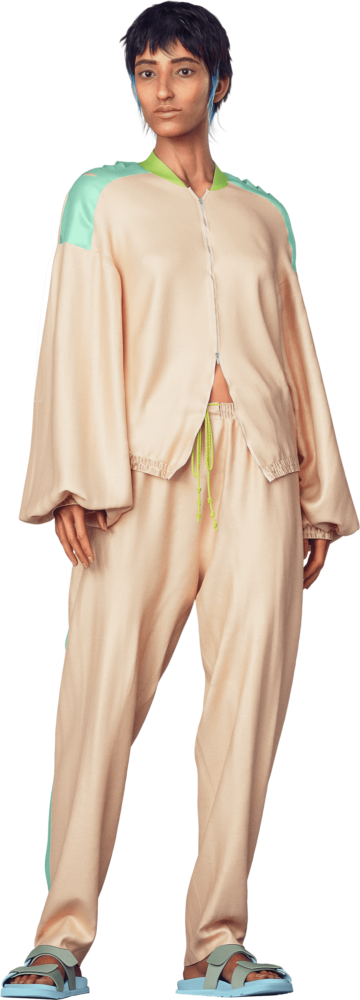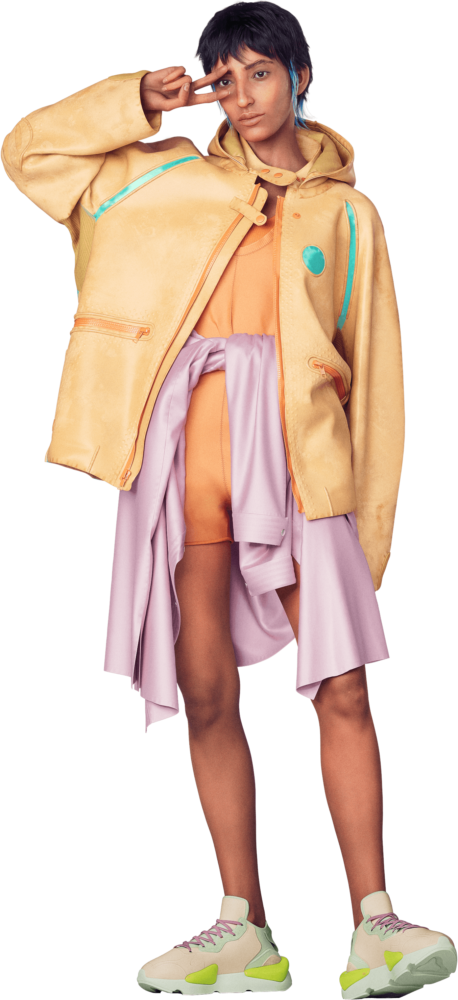Green Nettle Textile
Green Nettle Textile’s own estimated support needed to scale.
Using resilient stinging nettles to produce linen-like fabrics, Green Nettle Textile offers an environmentally friendly alternative to conventional fabrics while also providing income and livelihood to hundreds of farmers across Kenya.
Farming the steep slopes of the Kenyan highlands is a constant struggle, with regularly poor yields and incurring losses. The rapidly growing population is driving an increased demand for textiles such as cotton, grown on valuable land needed for food production and often in an unsustainable way.
This is why Green Nettle Textile helps Kenyan farmers establish stinging nettle plantations. The stalks are used to make a nettle fiber, which is turned into a linen-like, eco-friendly fabric. By doing this, Green Nettle Textile is providing income and livelihood to thousands of farmers across Kenya, while helping them cultivate unused land – saving farming land for food growth.
Impact Potential BY ACCENTURE
Developing competence
amongst local farmers
460 million liters of water saved with
Green Nettle’s solution in 2030, compared
to average water usage in cotton farming
Comparable to the water usage in
production for 170,000 cotton t-shirts
Ambition of increasing the revenue
allocated back to support the
farmers from 25% to 30%
The planet positive impact potential is estimated by Accenture with the purpose of demonstrating how Green Nettle has the potential to create multi-dimensional value when scaling.
The high-level estimation is based on Green Nettle’s potential to scale and its output in 2030 (~61 hectares of farming). Green Nettle has an estimated impact of saving 460 million liters of water compared to conventional cotton production. That is comparable to the water used for making 170,000 cotton t-shirts.
Furthermore, Green Nettle creates jobs and supports local farmers, and aims to share 30% of its revenue back to support farmers in 2030.
More on Accenture’s Impact Potential.
These materials are (A) for information purposes only, (B) do not constitute an offer to subscribe for, buy or sell securities of any of the Innovations mentioned herein or any other securities, and (C) should not be relied upon to make any investment decisions.
Team
The Green Nettle Textile team consists of Jonah Mwangi (founder), Jackline Murimi (Operations Manager), Sophia Mwai (Lead Craft), Esther Muthoni (Partnerships Lead) and Susan Wachuka (Conservation Lead). Together they combine experiences and expertise ranging from social entrepreneurship and design-thinking to 20+ years of experience in plant-based textiles.
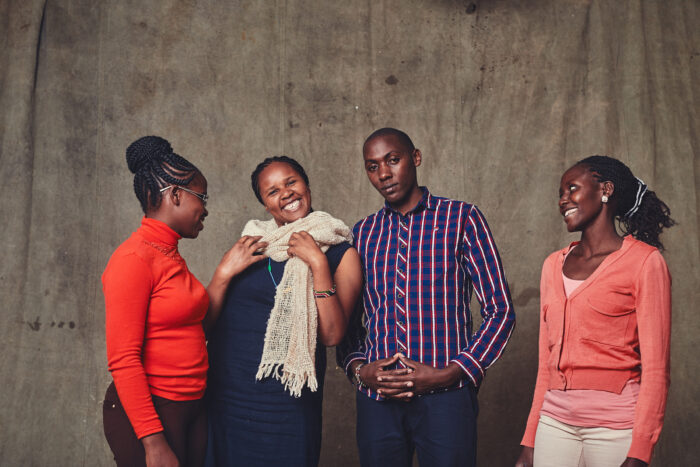
Awards
- Chivas social changemakers global finalist (2020)
- Winner, H&M Foundation Global Change Award (2019)
- Ygap social change makers (2017)
Contact
Jackline Murimi, Operations Manager
jackie@greennettletextiles.com
info@greennettletextiles.com
greennettletextiles.com
Facebook
Download
See the start-up presentations to learn more.
